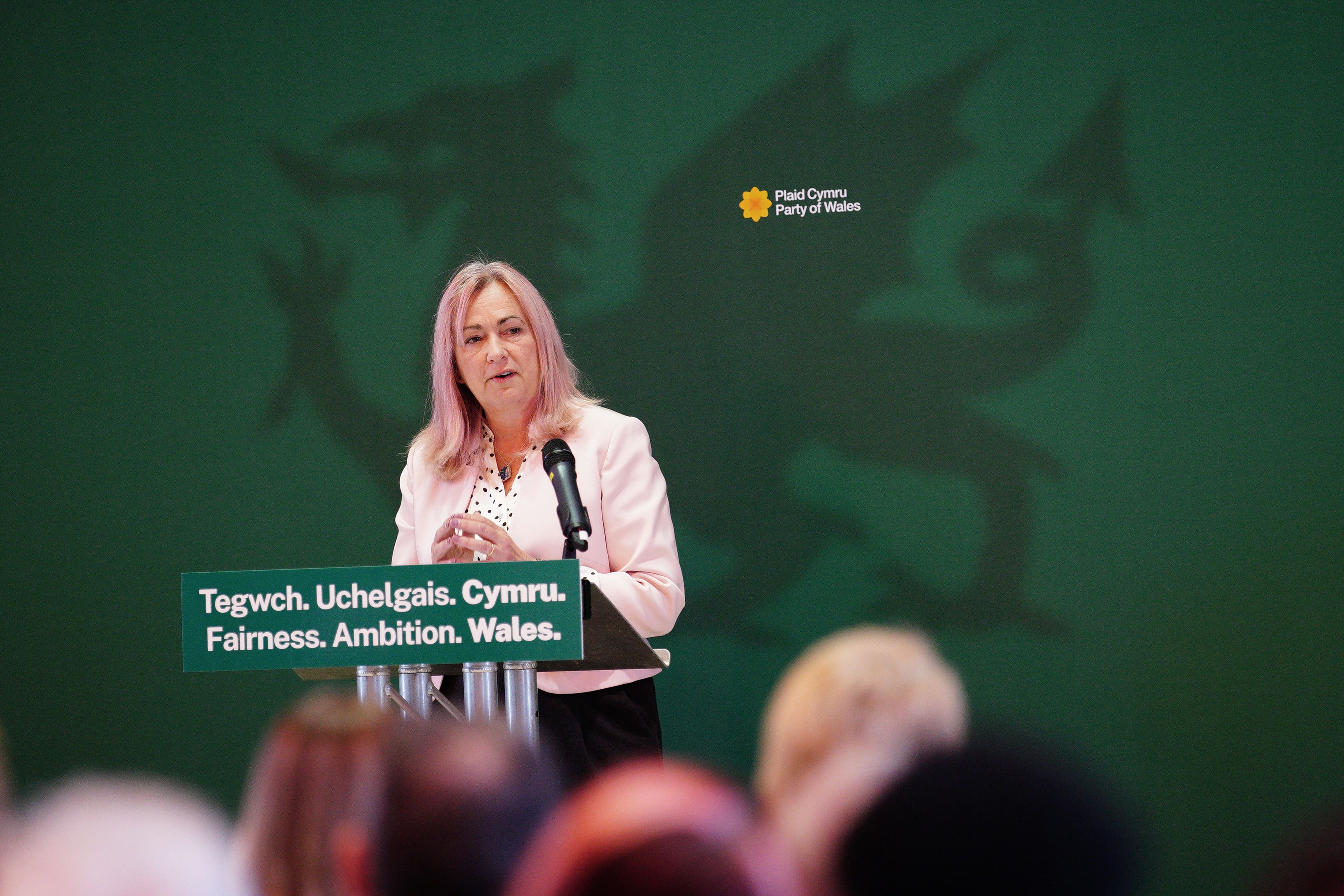Small parties must get chance to scrutinise assisted dying proposal, Plaid urges
MPs backed the Terminally Ill Adults (End of Life) Bill 330 votes to 275, majority 55, at its second reading.

Your support helps us to tell the story
From reproductive rights to climate change to Big Tech, The Independent is on the ground when the story is developing. Whether it's investigating the financials of Elon Musk's pro-Trump PAC or producing our latest documentary, 'The A Word', which shines a light on the American women fighting for reproductive rights, we know how important it is to parse out the facts from the messaging.
At such a critical moment in US history, we need reporters on the ground. Your donation allows us to keep sending journalists to speak to both sides of the story.
The Independent is trusted by Americans across the entire political spectrum. And unlike many other quality news outlets, we choose not to lock Americans out of our reporting and analysis with paywalls. We believe quality journalism should be available to everyone, paid for by those who can afford it.
Your support makes all the difference.Small parties should get representation on the committee which will scrutinise assisted dying rules, MPs have urged.
Liz Saville Roberts, Plaid Cymru Westminster leader, said their implications for Wales “cry out for proper consideration”, while the DUP’s Jim Shannon called on the committee to fully “represent the views of this House”.
MPs backed the Terminally Ill Adults (End of Life) Bill 330 votes to 275, majority 55, at its second reading.
But several MPs said their sign off on the draft law will depend on the safeguards they are presented with in the Bill’s final form.
Kim Leadbeater, the Labour MP who proposed the Bill, promised the scrutiny process will represent a “range of views”.
Before Friday’s vote, Ms Saville Roberts told the Commons: “I will support this Bill at second reading if there is a guarantee of sufficient scrutiny, stitched together a complete garment out of what is presently threads and patches that could indeed, as we’ve heard, be rent asunder in court.
“If Bill committee scrutiny cannot make this Bill robust, I will reconsider my support at future votes.
“And surely, this House can ensure there is both cross-party and small party representation on the Bill committee, rather than conventional party proportionality, which of course, we are today on a free vote.
“The implications for Wales where health is of course devolved cry out for proper consideration.”
Tonia Antoniazzi, the Labour MP for Gower, suggested Westminster may need to seek some agreements from Cardiff Bay, to discuss how the Health Secretary’s powers to regulate assisted dying on the NHS – a position held by Wes Streeting – might apply to the devolved health service Wales.
She said: “I believe this Bill should pass today, because we need to discuss this and we need know how it’s going to work.
“And as it’s currently drafted, I think we are going to have to look to Welsh Government and to see if there needs to be a legislative consent motion, because it doesn’t seem to engage with the Sewel Convention in a substantive way.”
Mr Shannon, the MP for Strangford in Northern Ireland, where the Bill would not apply, said: “(Ms Leadbeater) assured the House that there would be cross-party support in relation to the makeup of (the Bill) committee.
“Can Mr Speaker (Sir Lindsay Hoyle) confirm for Hansard and for my constituents back home to assure that the makeup of that committee will represent the views of this House, ever mindful of the vote as it took place?”
Sir Lindsay confirmed it is for Ms Leadbeater to consider the committee make-up.
Ms Leadbeater, the MP for Spen Valley, had earlier said: “I also want to reassure colleagues that the Vill committee will meet over a number of weeks meaning there is ample time for full consideration of the details of the Bill, including amendments.
“And the committee will be representative of the views of the house and also the make-up of the House, let me clear, that will mean there will be representatives of different parties with a range of views on the committee.”
The Bill requires scrutiny at committee stage and at a third reading, and in the House of Lords, before it can become law.